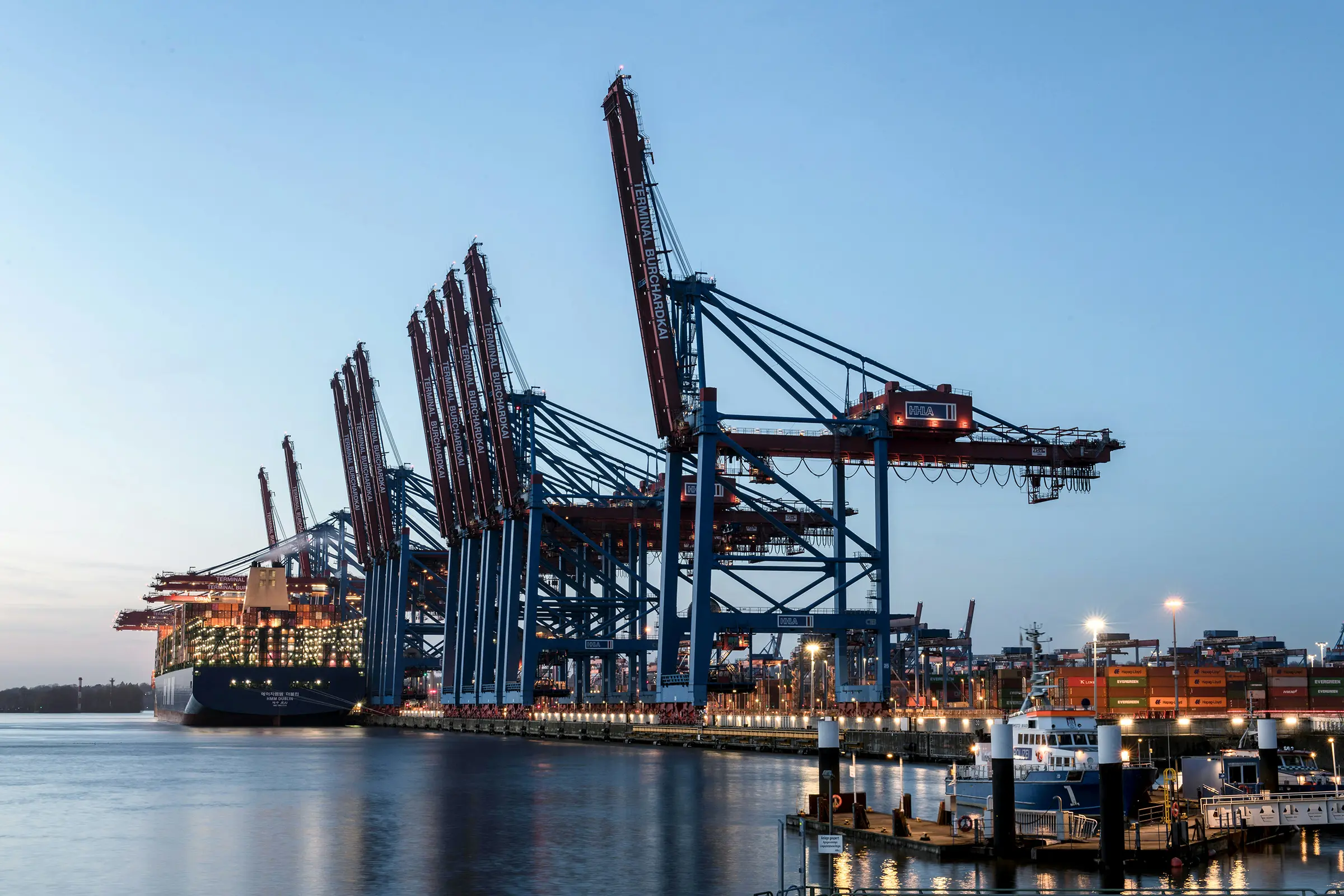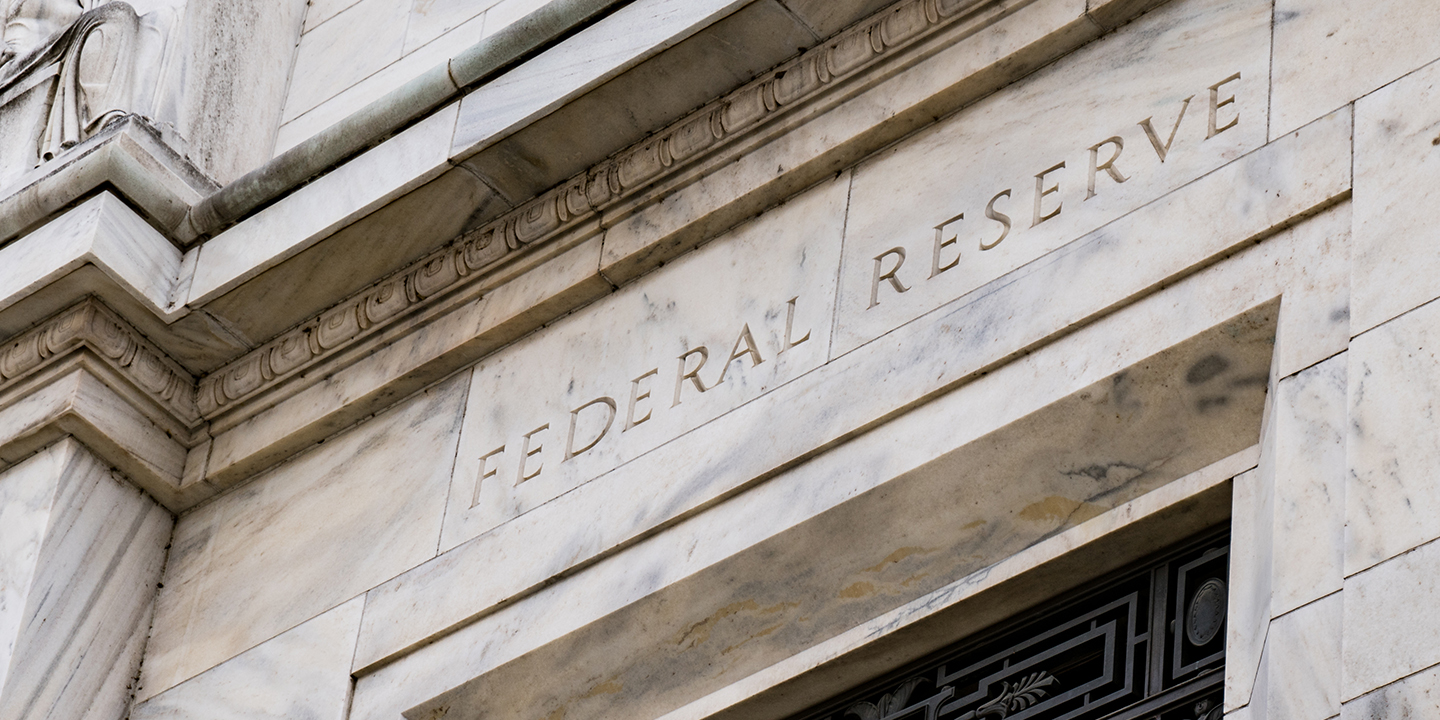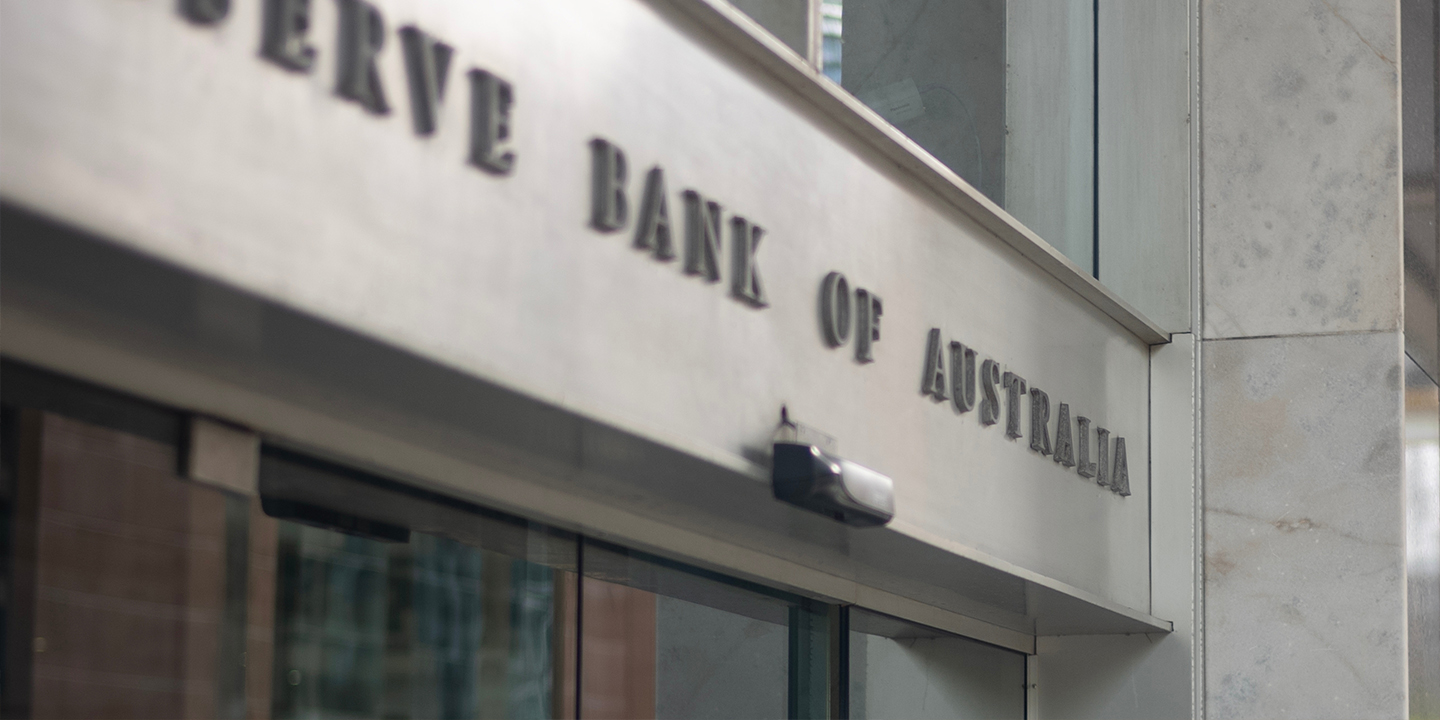Joseph Ischia never set out to study medicine.
Being the Dux of Melbourne’s Scotch College in 1991, there were many career options on the table.
It was his family’s GP, a friend of his father’s, who planted the seed for Ischia to follow in the former’s footsteps.
“He said, ‘I get to the end of the work each day as a GP, and I’m really proud of what I’ve done. There are not many people that I know in other businesses that get to the end and go, Geez, that was a really good day.’ So I thought, ‘Alright, I’ll give this medicine thing a try’,” Ischia recalls.
That fateful decision would take him from the lecture halls of the University of Melbourne to the wards of some of the state’s busiest hospitals, and ultimately into the world of medical devices.
But first, there were choices to be made.
“I decided I wanted to do surgery,” he says.
“Then I decided I wanted to do orthopaedics, because I have an athletic background as well. Then I did my orthopaedic rotation, and I just didn’t really love it. The patients weren’t as interesting to me. It didn’t click. In 2000 I did urology at the Austin Hospital and I just loved it.”
For more than two decades, Ischia specialised in treating one of the most painful conditions known to medicine: acute renal colic, the excruciating agony caused by kidney stones.
The standard pathway has long been clunky: a 24-hour-plus hospital stay, an hour in the operating theatre, and costs of around $8,000 per episode to the healthcare system. Ischia long dreamed of taking kidney stone treatment out of the operating room and into the emergency department.
The breakthrough moment came not in a laboratory, but in his consulting rooms at the Freemasons Hospital in East Melbourne in February 2021.
He was meeting a patient named Donald Fry, a mechanical engineer with more than 60 years’ experience who had been named among Australia’s Top 100 Most Influential Engineers in 2006, and was the inaugural inductee into the Australian Mechanical Engineering Hall of Fame.
“At the end of the consultation, he said he’d worked with doctors before on medical devices. I’d been sketching an idea for a better ureteric stent system. I asked if he knew anyone who could help. He said, ‘I’ll do it’,” Ischia recalls.
A year later the pair co-founded a company they named JiffyStent, whose flagship product was
The JiffyStent Inserter, a revolutionary device that allows ureteric stents to be inserted quickly and safely without a general anaesthetic.
Earlier this year the company was rebranded as Akeeko Medical, to reflect its broader mission of delivering accessible, efficient and affordable medical care, and the device rebranded as the Akeeko Stent Inserter (ASI).
“Our device allows a stent to be inserted without admission, without a general anaesthetic, in about 5 minutes in ED. It saves the government $4,000 per case. In Australia that’s $30 million a year,” Ischia says.
“If successful, ASI could redefine standard urology workflows, potentially transforming clinical pathways in health systems globally.”
The global market for kidney stone management is estimated at more than US$5 billion annually, driven by rising incidence of renal colic linked to diet, obesity and dehydration. Yet despite the prevalence, treatment protocols have barely shifted in decades.
Each year, 600,000 patients undergo stent insertions for renal colic worldwide, nearly all in operating theatres.
Australia has built a track record of producing global medtech success stories. Cochlear became a global leader in hearing implants, while ResMed pioneered sleep apnoea devices.
Like Cochlear in its early days, Akeeko is clinician-led, anchored in strong IP, and addressing a universal problem with limited existing innovation.
For a start-up, navigating regulators is often the biggest hurdle. But here, Ischia is bullish.
“We are aiming to submit to the FDA and TGA in mid-February 2026. We’ve already had a pre-submission with the FDA, and they accepted our predicate device,” he says. “They believe we have enough clinical evidence already to avoid a large trial at this stage.”
Akeeko is intent on building locally, allowing it to work directly with manufacturers.
It is currently seeking $1.95m worth of support from the Victorian Government to help reduce the financial burden of setting up in Australia when compared to South East Asia.
“It might cost us $30 more per device to manufacture in Australia than Malaysia. But with an ultimate sale price of around $3,000, the advantage of then being able to have weekly conversations with our manufacturer is priceless for a young start-up,” Ischia says.
Australia also offers another advantage for local manufacturing in the form of a generous R&D Tax Incentive.
To date, Akeeko has raised $4.5 million from family, friends and high-net-worth investors, including Hugh Robertson.
The company is currently raising a further $1.8 million and in discussions with BioShore Capital’s David Bottomley, Jeffrey, William Knox and Andrew Fox to support the raising.
“In five years, we would love to capture 5% of the global market, which is about 100,000 devices a year and US$175 million in revenue,” Ischia says.
“Eventually we want to list on the ASX or secure a strategic partner (such as one of the big MedTech multinationals). The beauty is, there is no direct competitor doing what we’re doing.”
It sounds ambitious but resilience has always been his defining trait. In the late 1990s, Ischia was one of Australia’s best young middle-distance runners.
In 1995 he won the national 800-metre championships and ran the event for Australia at the Commonwealth Games in Kuala Lumpur three years later.
In 1999 he went to the World Uni Games and a year later tried out for the Sydney Olympics.
“I came second in that race, about 0.1 of a second behind the winner, and they ended up taking first and third to Sydney. Because I was a doctor, I never had the opportunity to go over to Europe in the summer to run the qualifying times. I was always working. The runners that came first and third had the qualifying times. So unfortunately, I just missed out,” he laments.
But what he gained was something more enduring.
“What it gave me was resilience. I’ve never had any problems pushing myself. I know that when you feel like you need to give up, you can always find a way through. That’s the same in business. You push through, you get the confidence, you keep going. I had a very successful athletic career. I know I can push myself harder than nearly everyone else,” he says.
Yet the best part of this entrepreneurial journey so far has been working alongside the now 85-year-old Donald Fry.
Taking pride of place on the wall of Akeeko’s Melbourne office is a sign with what is colloquially known as the company motto. It simply reads: “What would Don do?”
“Don is extraordinary. He was Cairns’ largest employer for 40 years with his shipyards and built grain silos, sugar mills and hypersonic missile systems. At 85, he is still designing rocket launch pads for the Australian Space Agency. He’s a genius,” Ischia says.
“He’s just intelligent, passionate and relentless. If you ever hesitate on something, Don just picks up the phone, organises it and gets it done. He doesn’t take no for an answer, but he’s never rude, just determined. The luck of bumping into him four years ago has just been extraordinary.”
Disclaimer(s)
***Hugh Robertson, Morgans Financial Limited (Morgans) and its associates may hold securities in the companies/trusts mentioned herein. Unless otherwise stated any advice contained in this email is of a general nature only and has been prepared without taking into account your relevant personal circumstances. Those acting upon information contained in this email without first consulting one of Morgans investment advisers do so entirely at their own risk. To the extent permitted by law we exclude (and where the law does not permit exclusion, limit to the extent permitted by law) all liability for any direct, indirect and consequential losses, damages and expenses incurred in any way (including but not limited to that arising from negligence), connected with any use or access to or any reliance on information contained in this email or any attachments. I own shares in Akeeko. Morgans Corporate Limited ("Morgans") acted as the Lead Manager, Underwriter and bookrunner to the offer completed in June 2025 and received fees accordingly. Morgans Financial Limited ABN 49 010 669 726 | AFSL 235410. A Participant of ASX Group.
***The author, Damon Kitney is paid a fee for his service to Morgans. This document is not an offer, solicitation, advice or recommendation with respect to the subscription for, purchase or sale of, any security, and neother this document nor anything in it will form the basis of any contract or commitment.

.png)








